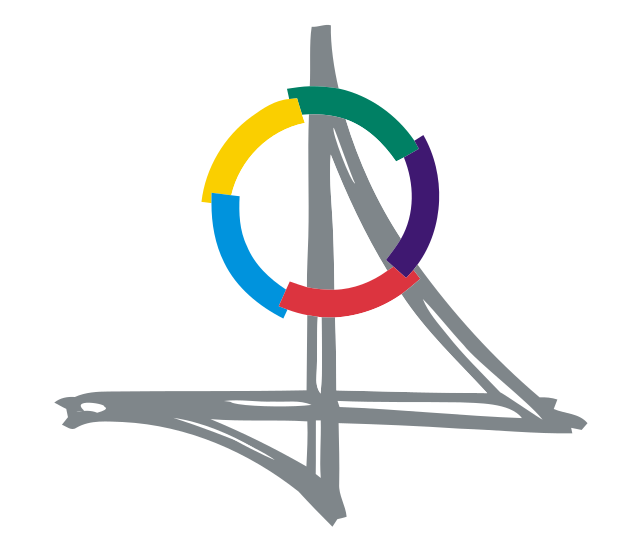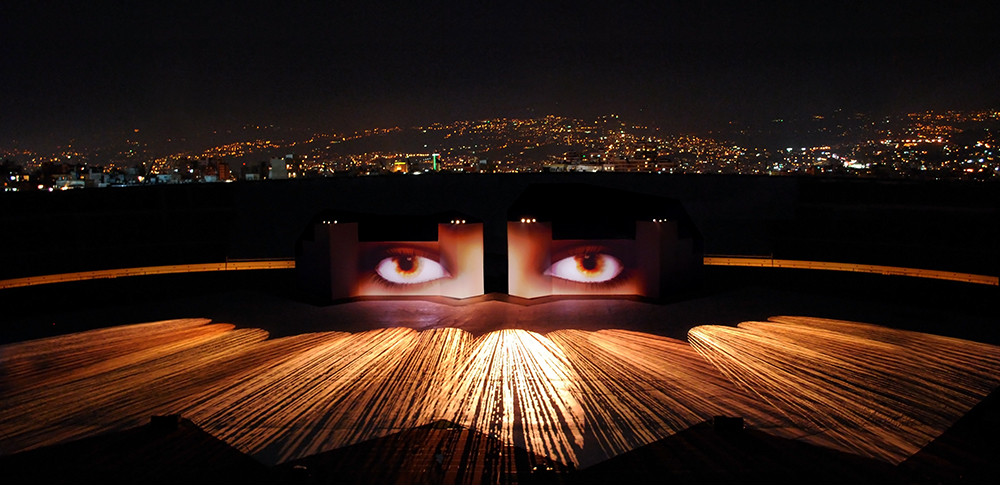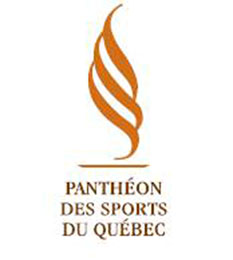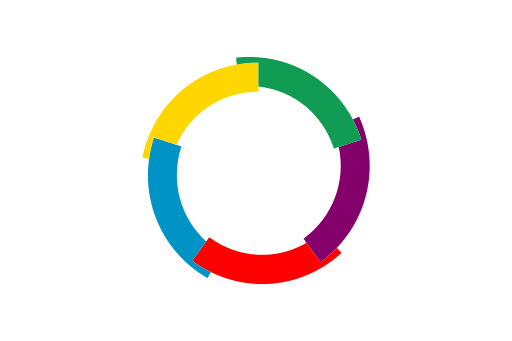The idea for the Jeux de la Francophonie (Francophone Games) was born at the 1987 Sommet de la Francophonie in Quebec City. (See Francophonie and Canada.) Delegates at the summit discussed organizing an event that would bring French-speaking countries together while providing them with an international showcase. The Games are intended as not only an instrument of sport, but also an opportunity to showcase each nation’s heritage on an international stage. In addition to sporting events, there are artistic competitions.

History of the Jeux de la Francophonie
All countries of the Francophonie are eligible to participate in this event, which is held every four years. The Canadian delegation is made up of three components: separate teams from Canada, Quebec and New Brunswick, highlighting the particular contribution of these two provinces to francophone culture worldwide.
Casablanca, Morocco, hosted the first edition of these Games in 1989. The next event was hosted by France, which did not organize it until five years later in Paris and the surrounding area. The third Games were held in 1997 in Antananarivo, Madagascar, alternating between a northern and southern country. The 2001 events were held in Hull, Quebec; 2005 in Niamey, the capital of Niger; 2009 in Beirut, Lebanon; 2013 in Nice, France; 2017 in Abidjan, Côte d'Ivoire; and 2023 in Kinshasa, Democratic Republic of the Congo.
The event is governed by the Comité international des jeux de la francophonie (CIJF).


 Share on Facebook
Share on Facebook Share on X
Share on X Share by Email
Share by Email Share on Google Classroom
Share on Google Classroom



